To: Mom
June 9, 2023
I was scouring through my belongings, throwing t-shirts and shorts onto the floor off of my bed in an effort to find my copy of Animal Farm as my father called for me to hurry from the driveway. I couldn’t find it and began questioning if I even had brought it. Before I cleaned up, I called Justin, a cousin of mine, to check if the book had remained in my room.
This event was the start of something I will never forget, a moment where I could have been where I should have been. But instead, I was with my father and his current girlfriend at a house I was unfamiliar with in a city I didn’t belong in. That day, September 26, would change my life entirely.
On the way home, we stopped for dinner at a Vietnamese restaurant, yet my mind wandered elsewhere, questioning why I was somewhere I could not even find joy in and with individuals who I had grown to dislike. These feelings weren’t new and had accumulated for many years with the influence of sibling intervention and the need to blame someone for something entirely out of my control. I anxiously waited for the meal to end, praying the drive back home would be quick.
By this point in my life, my mother had struggled with medulloblastoma, or cancer around the brain, for several years. Returning and diminishing three times in the span of 20 years, the continuously-growing tumor enveloped what once was my bigger-than-life mother.
When arriving home, I was greeted by my neighbor, who quickly exchanged hello and goodbye as if she were running away from something. It was an ordinary return home I had become accustomed to over the many years my parents had been divorced.
Nothing stood out to me besides the fact my Davidson Middle School P.E. clothing had somehow ended up off of our balcony and on the ground of the first floor. I picked it up swiftly, not paying it any mind, and headed up the stairs to my family’s apartment.
I had spent the greater half of the weekend with my father, out of the ordinary for me since most of my childhood; you’d see me strolling or running errands with my other half, my mother.
Walking through the front door felt as if I were walking into a surreal, almost cartoonish world. One where my actions had already been determined beforehand, preventing me from having any control over what was about to conspire.
My uncle, Donald, greeted me with open arms and uttered, “Stay strong, mijo.” A phrase that completely caught me by surprise. Why would he say that? I had just arrived home; it didn’t make sense to my 11-year-old self. I mean, how could it? I believed this would be an average weekend, and I was ready for school the following day.
Continuing into our home, I was alerted by the presence of Donald’s entire family, which didn’t strike me as odd because family members would visit to help with anything they could. But, all of them? Something must have been going on.
I slowly and hesitantly entered my mother’s bedroom. My family gathered around her in what I now realize to be an embrace of death. My mother lay on her bed looking peaceful as ever, almost as if she had just fallen asleep. I didn’t say anything; honestly, I did not have the words to describe how I felt. I was wrapped by confusion and a sense of being lost without my anchor as if the rope I had been tugging abruptly ended.
It’s not like I didn’t know this day would arrive, but I had been pushing off how severely ill she was for a long time in order to procreate some happiness—sacrificing reality to create my desirable delusion. And this day, I began to awake from this obscure version of fact I had created for myself. The one where my father was some villain and my mother a hero who saved me from a man who caused her so much pain.
One day, my sister and I spoke about my parent’s divorce, and she reiterated something I had said preceding the separation from my father. “Thank you for saving us from him.” I almost didn’t recall saying anything of the sort, yet I understood why a younger version of myself would say such a thing. My sister had always been there for my mother; looking after her when others could not became one of her many responsibilities. She constantly looked out for her family until someone in that family became the problem. Now, I realize that my family and I are survivors of this experience, sandwiched between the fading of love and the idea of the perfect family.
My mother’s death has dampened my life, but has ultimately molded me into a robust and highly independent individual. Who finds appreciation in what she was able to teach me while still here. Trying to live the way I know she would be proud of, authentically. With that comes having to figure out who I am without her being here, which I believe to be the hardest part.
As time progresses, I know my understanding and reflection on my mother’s death will expand. And as I continue to grow and transform, having my mother on my shoulder and siblings by my side will be all I need to heal this wound over time. Additionally, partaking in activities my mother and I once enjoyed together, such as hiking, cooking, or even moss collecting, would become one of the many ways I still connect with her while on earth.

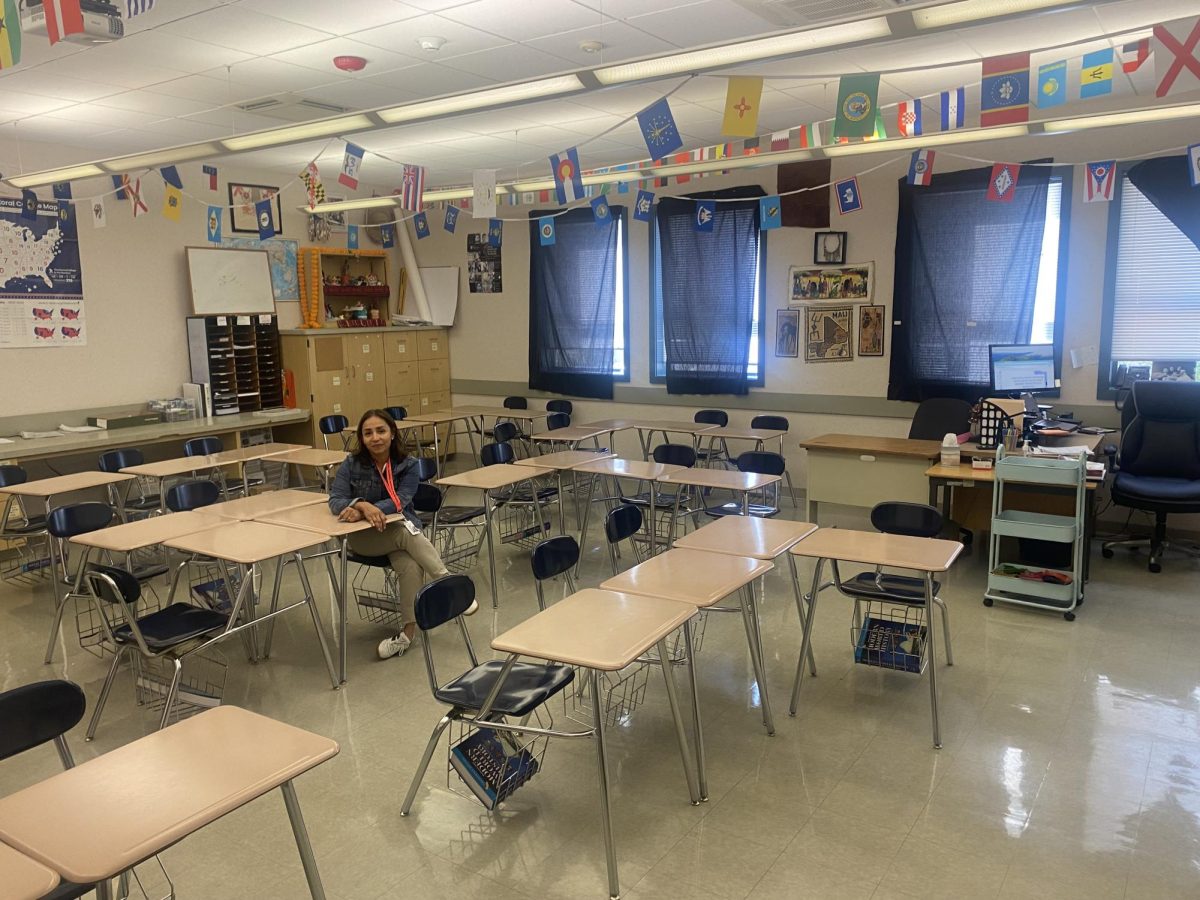
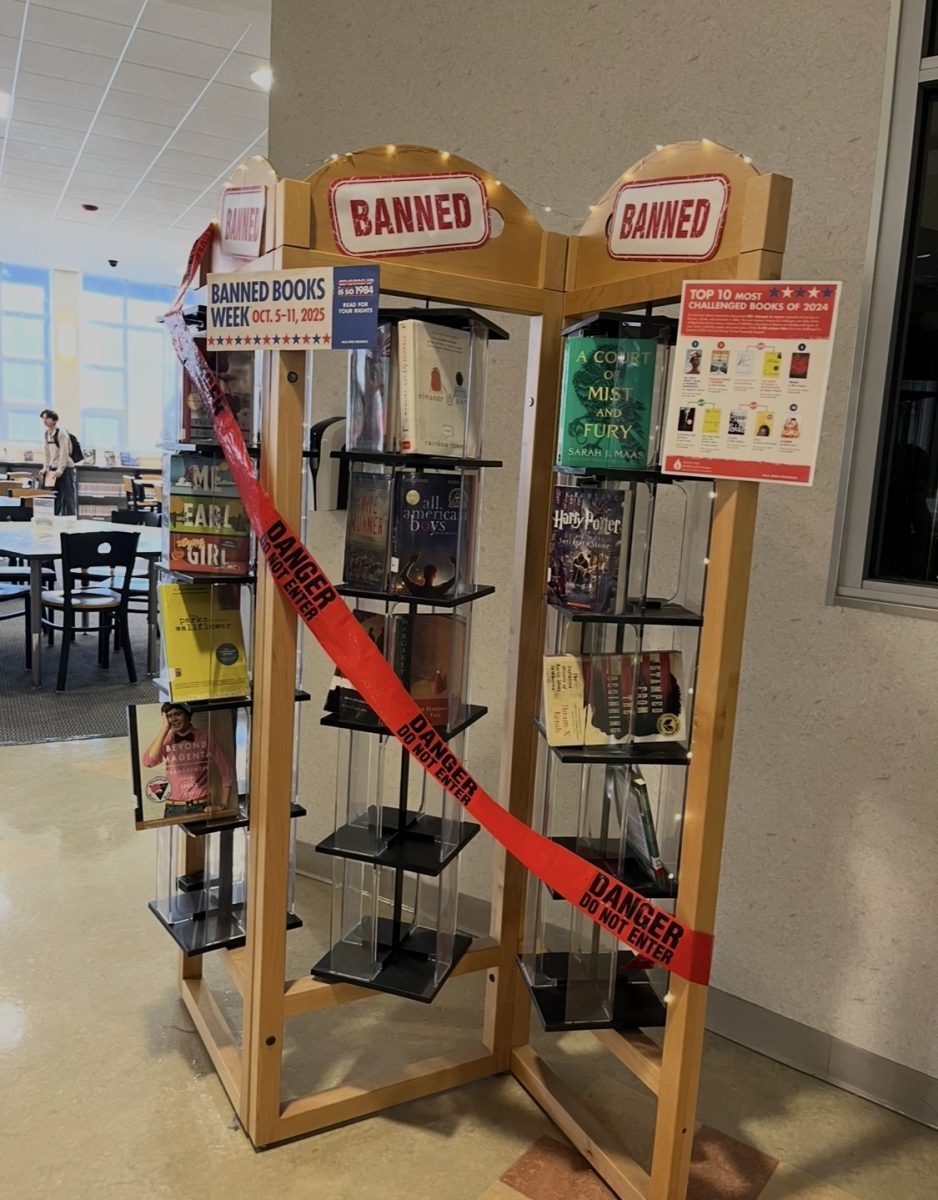
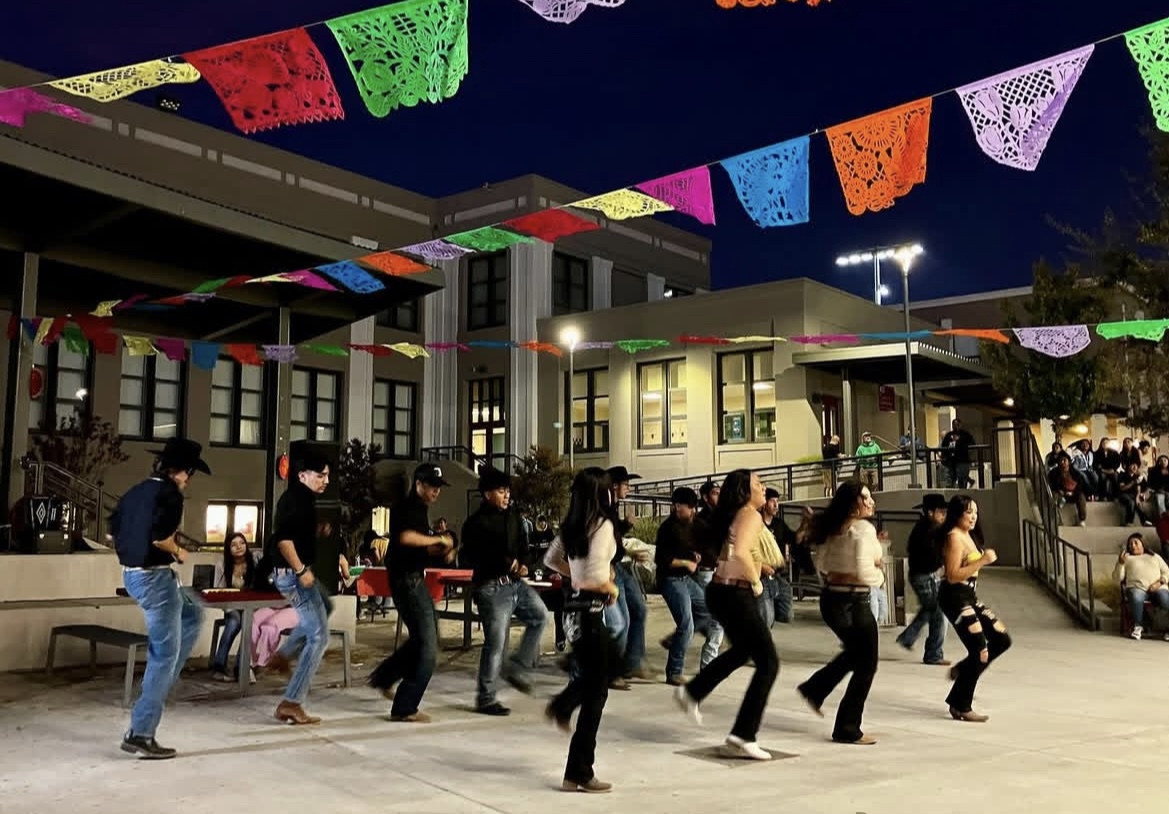
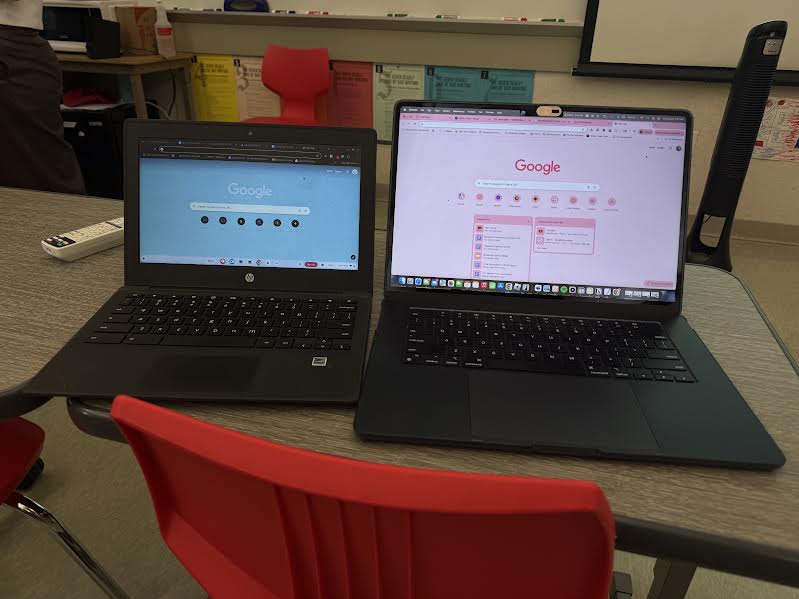
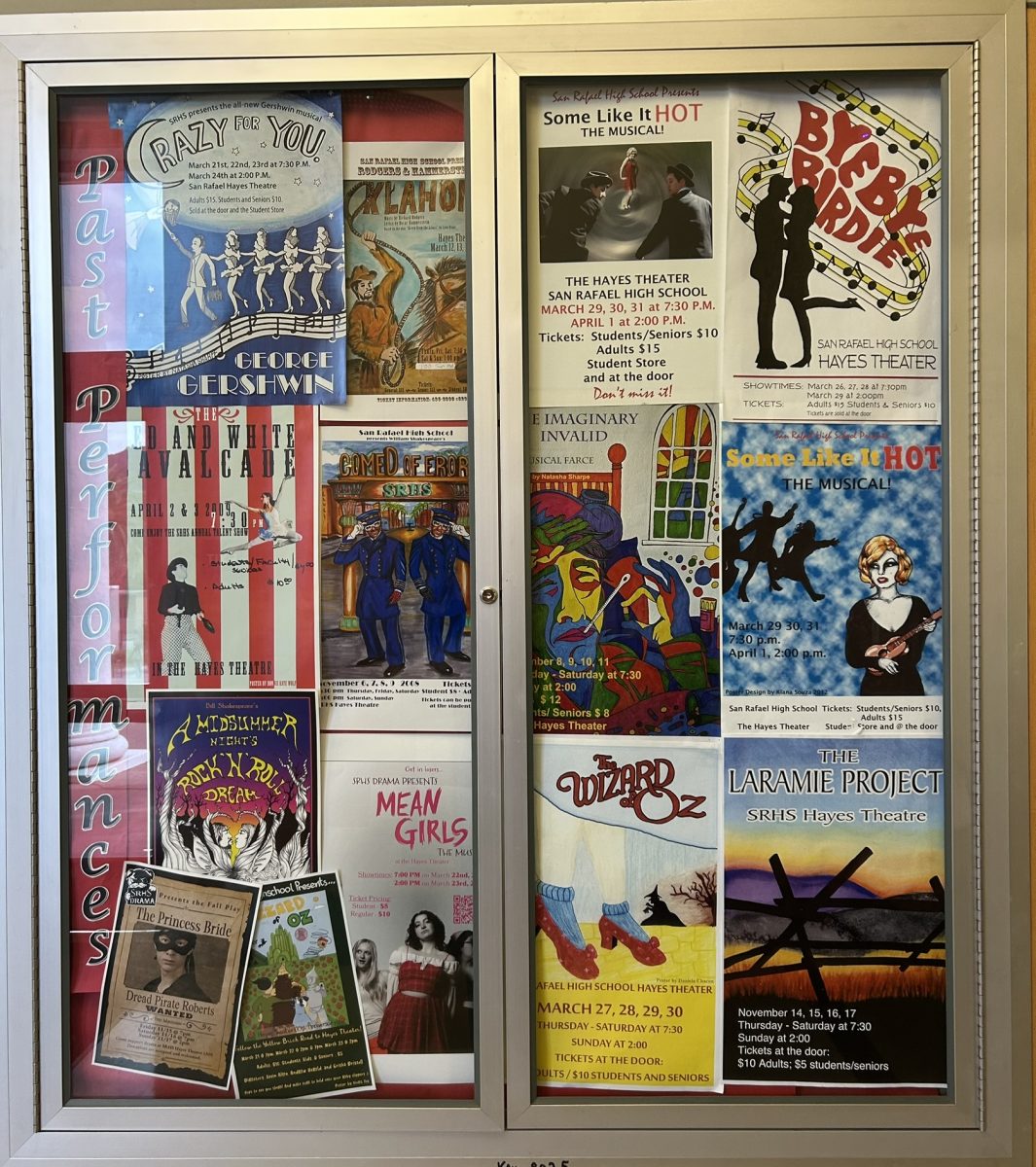










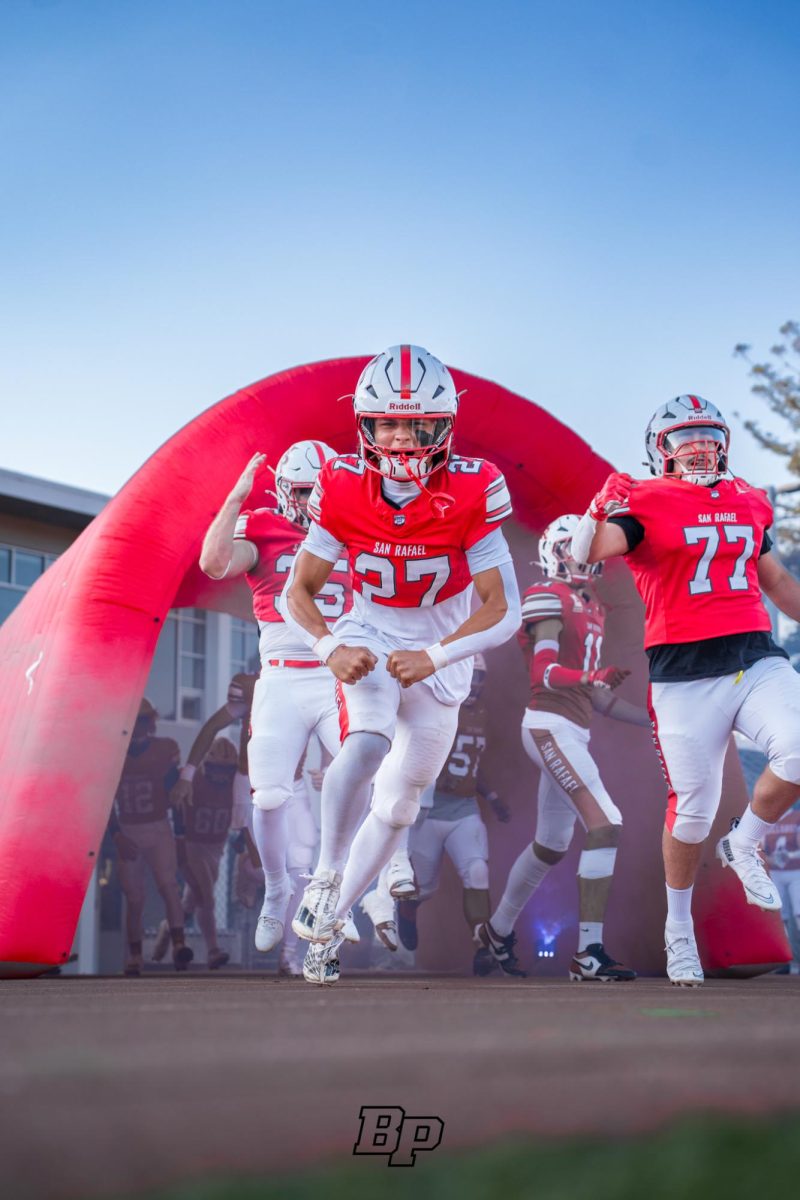
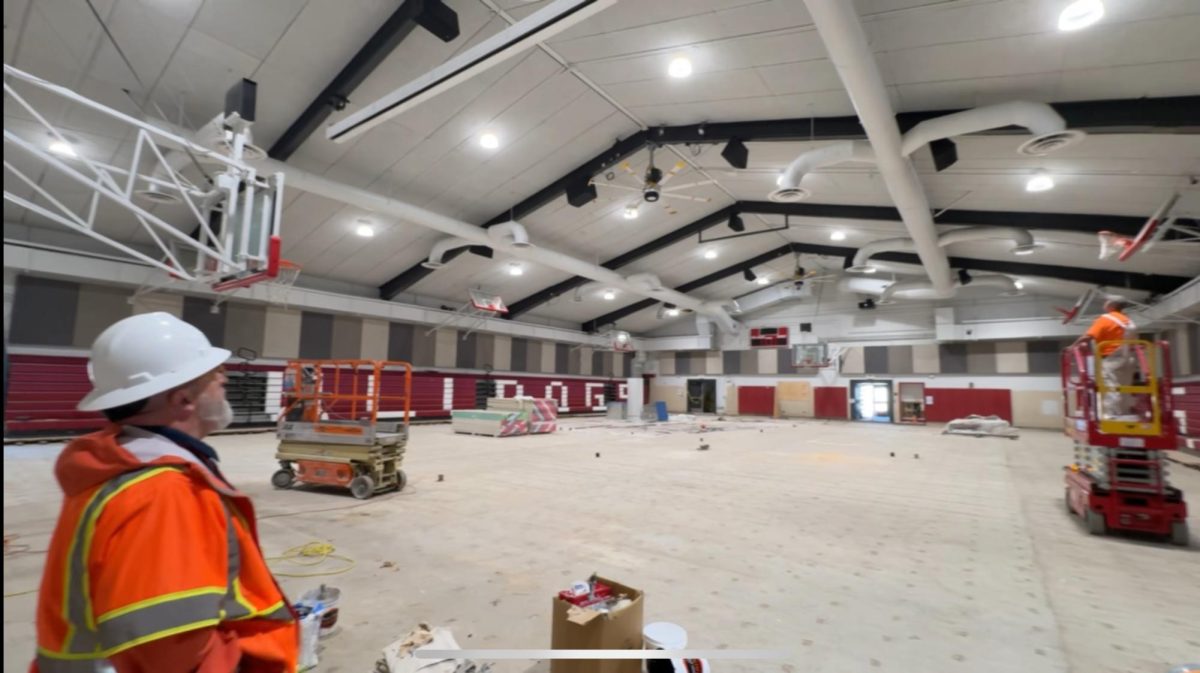




















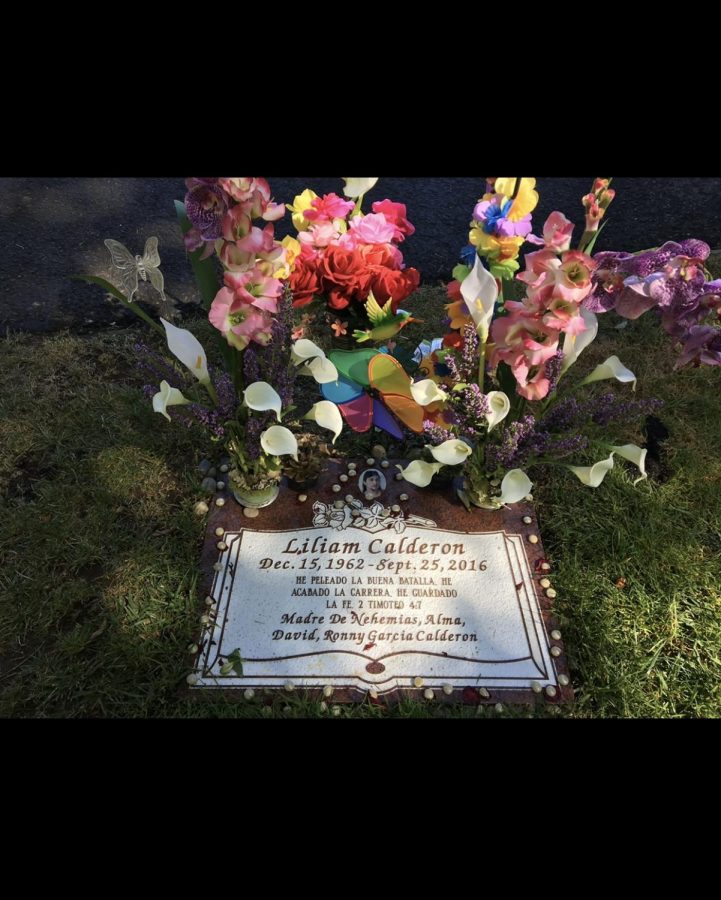
Mr. Winton • Jun 12, 2024 at 9:26 am
This is incredibly powerful work. Nice job and thank you.